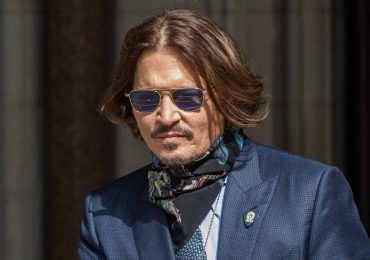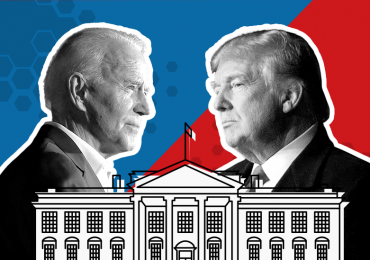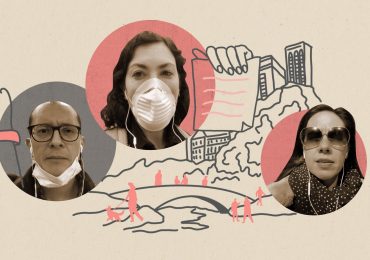Trump and Biden were asked about the unequal burden people of color in the U.S. face from exposure to pollution, toxic substances and other risks.
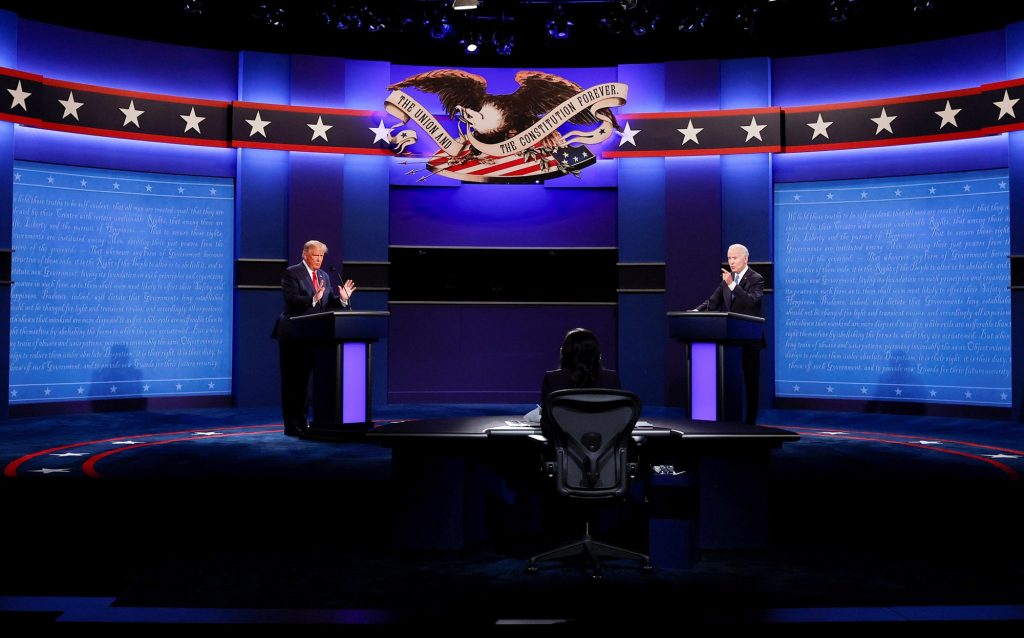
Advocates of environmental justice have long been frustrated by politicians who ignore the plight of communities that are most at risk from climate change.
On Thursday night, they saw signs of change.
President Donald Trump and former Vice President Joe Biden were asked during the presidential debate about the unequal burden that people of color in the United States face from exposure to pollution, toxic substances and other environmental risks.
Their answers revealed stark differences in how the issue is viewed by both candidates, but climate activists said that witnessing a discussion of environmental racism on a national stage felt like a watershed moment. Many viewed it as a crucial first step toward a long-overdue reckoning on environmental justice.
“It was historic and transformational, because it puts an even bigger spotlight on the issue — the challenges and impacts, but also the opportunities,” said Mustafa Santiago Ali, vice president of environmental justice, climate, and community revitalization at the National Wildlife Federation.
Ali, who spent 24 years working for the Environmental Protection Agency and served as an associate administrator in the EPA’s environmental justice office under the Obama administration, said the question also revealed how much the candidates diverge on the topic.
Trump was asked to address concerns from people of color who live near oil refineries and chemical plants who may be anxious about the health impacts they face.
“In Texas, there are families who worry the plants near them are making them sick,” said debate moderator Kristen Welker, an NBC News White House correspondent. “Your administration has rolled back regulations on these kinds of facilities. Why should these families give you another four years in office?”
The president failed to discuss the health concerns, or the nearly 100 environmental regulations his administration has dismantled or rolled back, opting instead to talk about jobs and money.
“The families that we’re talking about are employed heavily and they are making a lot of money, more money than they’ve ever made,” Trump said.
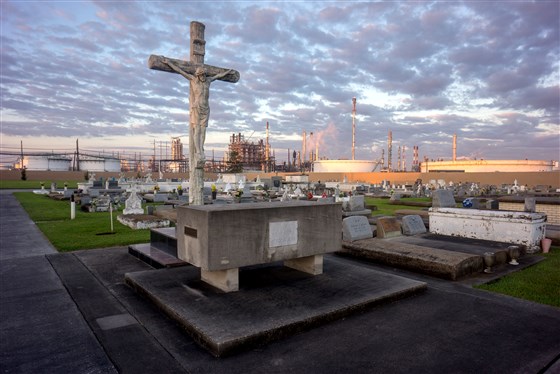
Robert Bullard, a professor of urban planning and environmental policy at Texas Southern University in Houston, said the president’s response “totally missed the mark.”
Leave a comment

